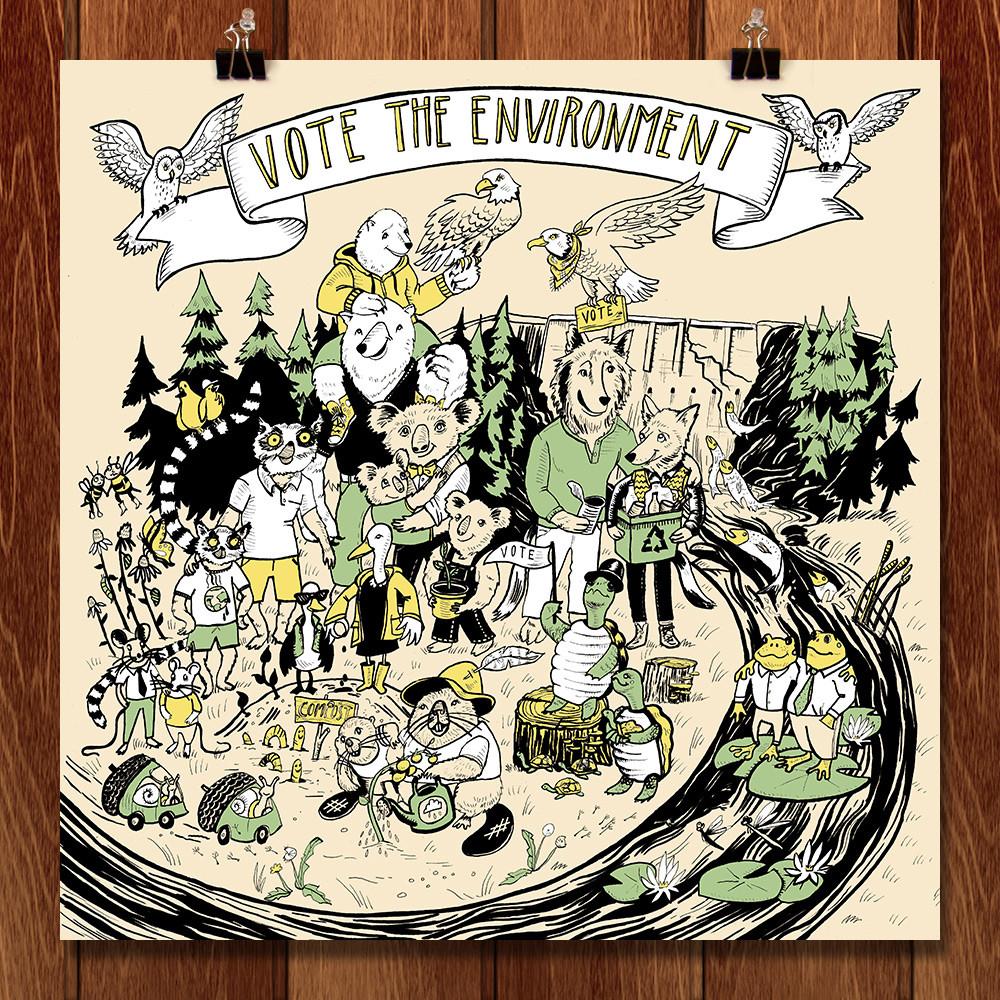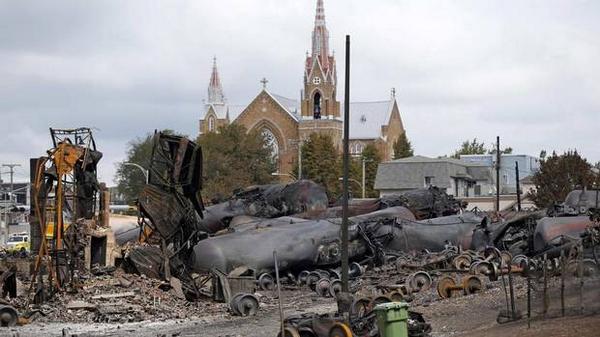41 Elijah said to Ahab, “Go up, eat and drink; for there is a sound of rushing rain.” 42 So Ahab went up to eat and to drink. Elijah went up to the top of Carmel; there he bowed himself down upon the earth and put his face between his knees.
43 He said to his servant, “Go up now, look toward the sea.” He went up and looked, and said, “There is nothing.” Then he said, “Go again seven times.” 44 At the seventh time he said, “Look, a little cloud no bigger than a person’s hand is rising out of the sea.”
Then he said, “Go say to Ahab, ‘Harness your chariot and go down before the rain stops you.’”
45 In a little while the heavens grew black with clouds and wind; there was a heavy rain. Ahab rode off and went to Jezreel. 46 But the hand of the Lord was on Elijah; he girded up his loins and ran in front of Ahab to the entrance of Jezreel. 1 Kings 18 NRSV
Our next door neighbour is a great guy, friendly and helpful. He takes care of his property to a fault, including his lawn. Which means that at 4:45 each morning we hear a sputter and a hiss to mark the first watering of the day by the timed, in-ground sprinkler system. Our lawn on that side of the driveway is lush and green as well because the experts haven't figured out how to get sprayed water to stop at a property line...yet. What fascinates me is that we haven't exactly been in drought conditions this year. Tons of snow, then plenty of rain have kept everything lush and green. But, sputter, hiss, spray.
I'll be interested to see what happens if we have a dry summer. Last year there was a second watering which took place late in the afternoon. Sometimes the jets were a pumpin' in the midst of God's watering job because that's what happens when you're on a timer. You may be thinking, "cool your jets David," so to speak. It's his water bill and there is hardly a shortage. Yet our local water authority encourages us to think conservation in water usage, including wastewater. It wants us to develop the habits of moderate use, and to change our attitudes about this precious resource.
 There was an article in Berkley's California Magazine recently examining water usage in a state now plagued by drought http://alumni.berkeley.edu/california-magazine/summer-2014-apocalypse/doomsday-3-california-may-oscillate-between-drastic It pointed out that the agriculture of California, which we depend upon all winter, is very inefficient. It explores options, including how wastewater may be recycled for human consumption, a thought which gives most of us the heebie jeebies. But we may all be pushed into different habits and practices in a world which is warming.
Praying for rain is an option, as we read above. But God has given us brains and wills to make different choices. Isn't responsible stewardship a form of prayer?
What do you think?
There was an article in Berkley's California Magazine recently examining water usage in a state now plagued by drought http://alumni.berkeley.edu/california-magazine/summer-2014-apocalypse/doomsday-3-california-may-oscillate-between-drastic It pointed out that the agriculture of California, which we depend upon all winter, is very inefficient. It explores options, including how wastewater may be recycled for human consumption, a thought which gives most of us the heebie jeebies. But we may all be pushed into different habits and practices in a world which is warming.
Praying for rain is an option, as we read above. But God has given us brains and wills to make different choices. Isn't responsible stewardship a form of prayer?
What do you think?








